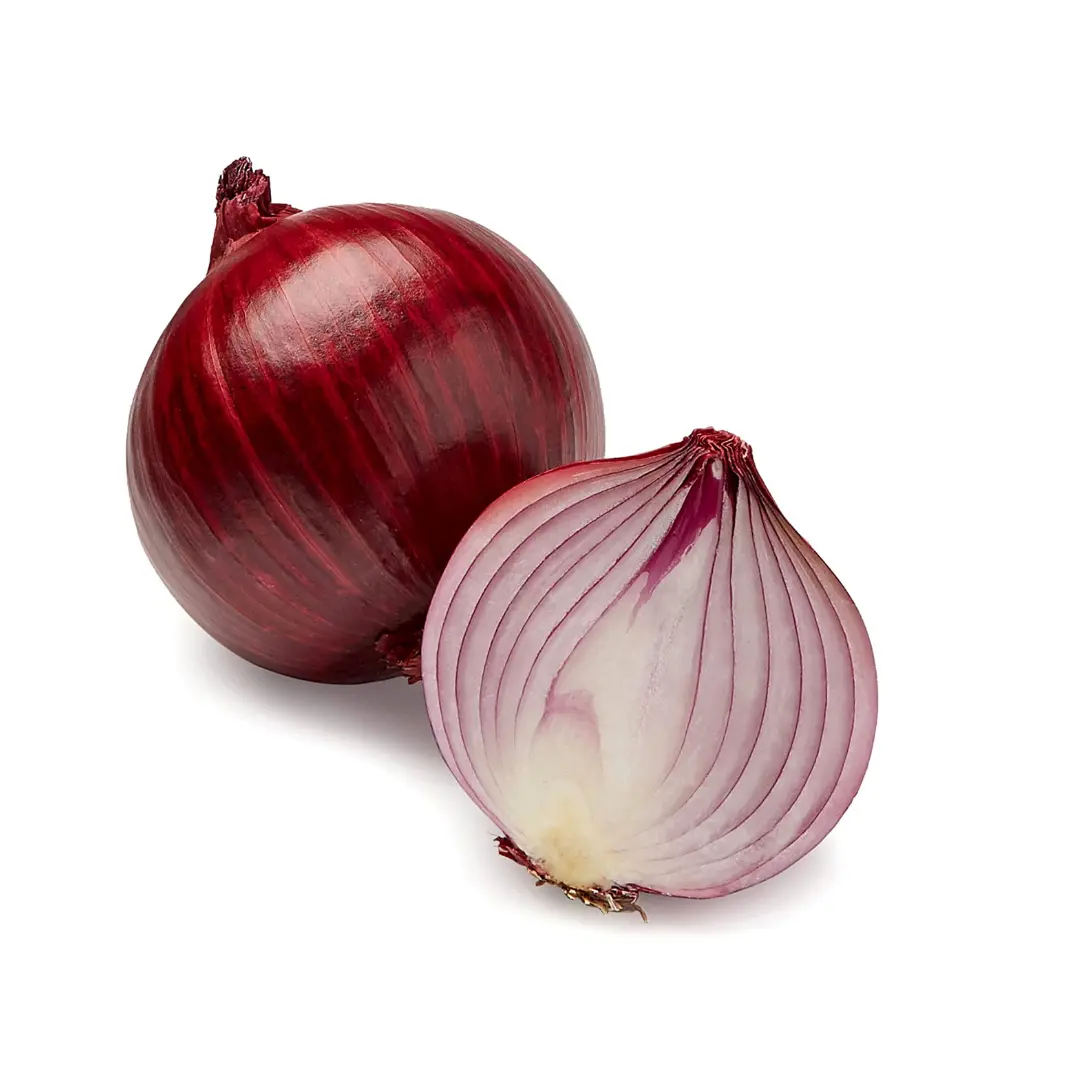Office No 1 & 2, Michael Apartment,Vasai West

Potato
Potatoes not only boast a remarkable nutritional profile but also bring environmental advantages, making them an ideal addition to the product offerings.
Nutritional Values:
| 77 kcal | Calories |
|---|---|
| 2.02 gram | Protein |
| 17.49 gram | Carbohydrates |
| 0.81 mg | Iron |
Description:
Introduction: As global supermarkets and vendors, providing customers with a diverse range of nutritious and appealing food options is essential to meet their evolving needs and preferences. One such versatile and widely loved vegetable that has stood the test of time is the potato (Solanum tuberosum). In this comprehensive overview, we highlight the impressive nutritional profile of potatoes, their health benefits, and the myriad ways they can be incorporated into a healthy and balanced diet, making them an invaluable addition to your product offerings.
Macronutrients:
- Carbohydrates: Potatoes are rich in carbohydrates, providing approximately 17.49 grams per 100 grams. Carbohydrates serve as the body's primary source of energy and are essential for daily activities, exercise, and overall vitality.
- Dietary Fiber: With 2.2 grams of dietary fiber per 100 grams, potatoes promote healthy digestion, aid in maintaining bowel regularity, and contribute to a feeling of fullness, which can assist in weight management.
- Natural Sugars: The natural sugars found in potatoes, at 0.82 grams per 100 grams, offer a more balanced and sustained release of energy compared to processed sugars, supporting stable blood sugar levels.
-
Protein and Fats:
- Protein: While not a significant source of protein, potatoes still provide approximately 2.02 grams per 100 grams. Protein is crucial for tissue repair, muscle development, and the synthesis of enzymes and hormones.
- Fats: Potatoes have a low-fat content, with only 0.1 grams per 100 grams. The absence of unhealthy saturated and trans fats makes them a heart-healthy food option that aligns with the health-conscious preferences of modern consumers.
-
Vitamins:
- Vitamin C: A standout vitamin in potatoes, with 19.7 milligrams per 100 grams, Vitamin C is a potent antioxidant that supports immune function, collagen formation for healthy skin, and aids in iron absorption.
- Vitamin B6: At approximately 0.298 milligrams per 100 grams, Vitamin B6 plays a vital role in neurotransmitter function, nerve health, and cognitive development.
- Vitamin K and Folate (Vitamin B9): These vitamins, though in smaller amounts, are essential for blood clotting, DNA synthesis, and cell growth.
- Niacin (Vitamin B3): Present in 1.05 milligrams per 100 grams, Niacin is involved in energy metabolism and enzyme function.
-
Minerals:
- Potassium: With 425 milligrams per 100 grams, potatoes are an excellent source of potassium, which plays a pivotal role in maintaining healthy blood pressure, nerve function, and muscle contractions.
- Phosphorus and Magnesium: These minerals, though in smaller quantities, contribute to bone health, energy metabolism, and muscle function.
- Iron: Though not abundant in potatoes, iron assists in oxygen transport in the blood, preventing anemia.
-
Other Nutrients:
-
Choline, This lesser-known nutrient is found in potatoes and supports brain function and the formation of cell membranes.
- Zinc and Manganese: Present in small amounts, zinc contributes to immune function and wound healing, while manganese supports antioxidant defenses and metabolism.
-
Glycemic Index (GI): It's important to note that the glycemic index of potatoes can vary based on variety and preparation methods. Boiled or steamed potatoes tend to have a moderate to high GI score. However, when consumed in balanced meals with low-GI foods, such as vegetables, lean proteins, or healthy fats, the overall impact on blood sugar levels can be moderated.
Incorporating Potatoes into Your Product Offerings: As global supermarkets and vendors, you have the opportunity to provide customers with a wide array of potato products that cater to their diverse tastes and dietary preferences. Here are some innovative and nutritious ways to include potatoes in your product lineup:
-
Fresh Produce Section: Offer a variety of potato types, such as Russet, Yukon Gold, and Sweet Potatoes, to cater to different culinary preferences and cultural cuisines.
-
Healthy Snacks: Introduce baked or air-fried potato chips as a healthier alternative to traditional fried snacks, appealing to health-conscious consumers.
-
Prepared Meals: Incorporate potatoes into ready-to-eat meals, like hearty stews, soups, and casseroles, providing customers with convenient and nutritious options for quick and wholesome meals.
-
Frozen Potato Products: Offer frozen sweet potato fries, hash browns, and mashed potato patties to cater to busy individuals seeking convenient and delicious side dishes.
-
Potato-Based Snack Bars: Develop potato-based snack bars enriched with vitamins and minerals, providing a nutrient-dense and satisfying on-the-go snack.
-
Potato Flour and Alternatives: Consider offering potato flour as a gluten-free baking option, appealing to consumers with dietary restrictions.
Conclusion: Incorporating potatoes into your product offerings provides an opportunity to meet the nutritional demands and preferences of your diverse customer base. With their impressive array of vitamins, minerals, and dietary fiber, potatoes can be a valuable addition to a balanced diet. By offering innovative and nutritious potato products, you can empower your customers to make healthier food choices while enjoying the timeless appeal of this versatile and beloved vegetable. As the world moves toward a greater emphasis on health and wellness, including potatoes in your product lineup is a strategic choice that aligns with the global shift toward more nutritious and satisfying food options.
Additional Information
Potatoes, beyond their nutritional benefits, also offer environmental advantages, making them an attractive choice for global supermarkets and vendors focused on sustainability. They are a relatively low-water crop compared to other staples, requiring less irrigation during cultivation. Moreover, the potato plant efficiently utilizes space, yielding a higher caloric output per hectare than many other crops, thus contributing to food security.
Furthermore, potatoes are adaptable to various climates and can be grown in diverse regions, reducing the carbon footprint associated with transportation and distribution. As a cost-effective and versatile ingredient, they present opportunities for creating affordable and nourishing products that appeal to a wide customer base.
By highlighting the eco-friendly attributes of potatoes and incorporating them into innovative and nutritious product offerings, supermarkets and vendors can not only meet consumer demands but also contribute to a more sustainable and health-conscious food industry.
